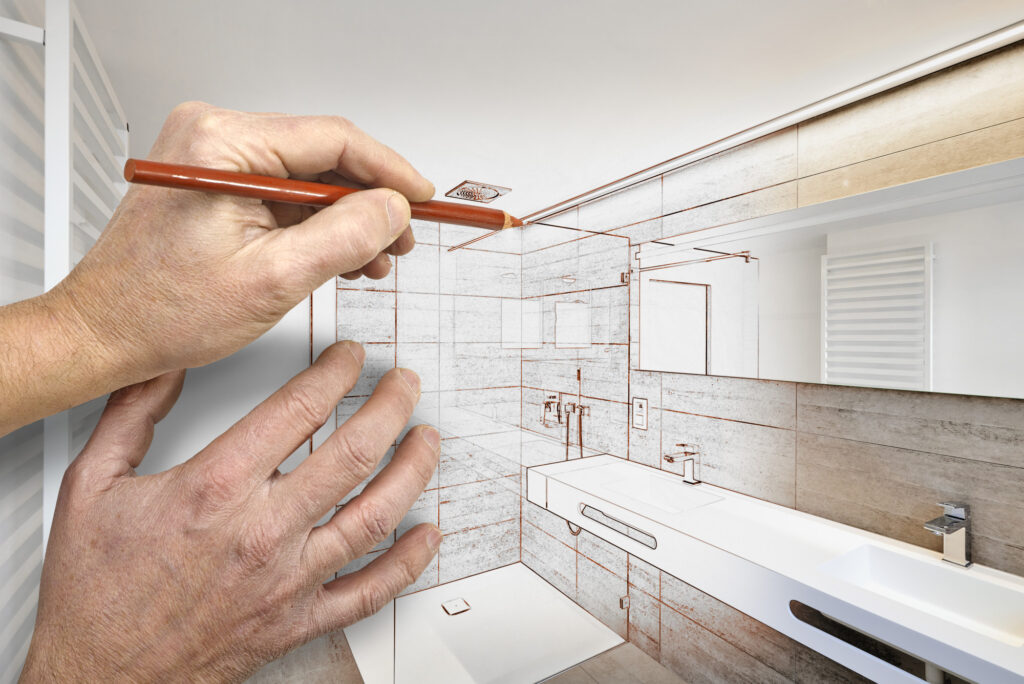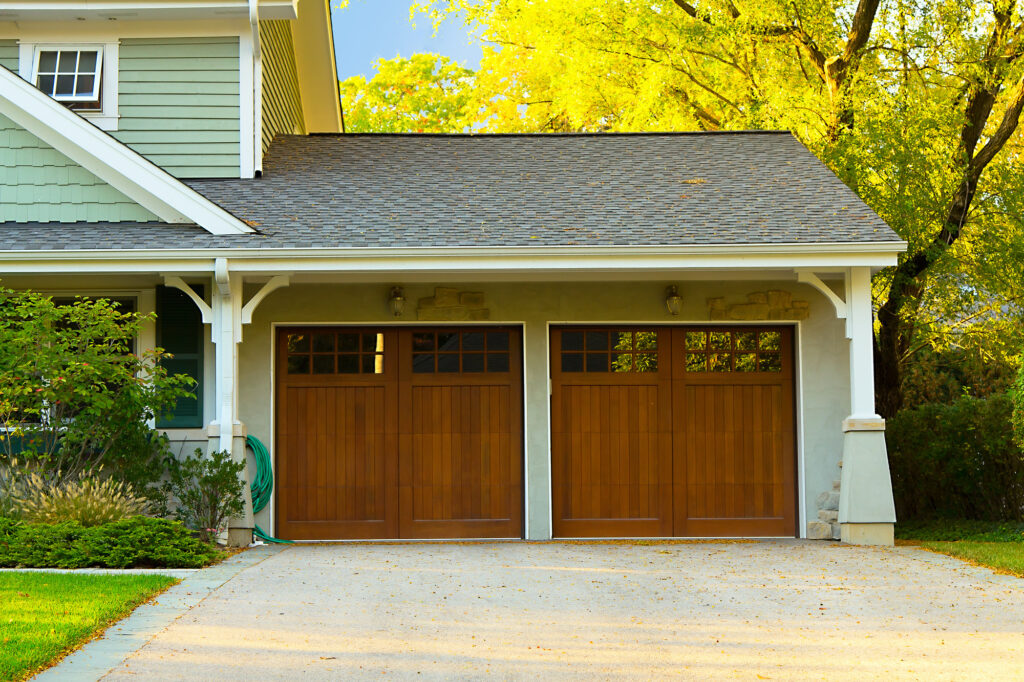The air conditioning industry has evolved significantly over the past few decades. Today’s systems are far more advanced, offering greater comfort and efficiency. This article will delve into the key trends and innovations shaping the future of air conditioning, from air conditioning installation advancements to environmentally friendly technologies.
Understanding these advancements can help consumers make informed decisions when selecting new cooling systems and allow them to benefit from the latest technologies that enhance comfort and sustainability. From smart homes equipped with intelligent HVAC systems to eco-friendly solutions that reduce carbon footprints, the future of air conditioning is both exciting and promising.
Smart Technologies Shaping the Future
One of the most exciting trends in air conditioning is the integration of smart technologies. These modern systems can be controlled remotely, learn user preferences, and adjust settings automatically for optimal comfort and efficiency. Smart thermostats, for example, can be managed via smartphones, offering unprecedented control over home climates.
Beyond convenience, these systems also contribute to significant energy savings. According to the U.S. Department of Energy, smart technologies in heating & cooling systems can significantly reduce energy consumption, benefiting both the environment and the consumer’s wallet.
Additionally, incorporating artificial intelligence and machine learning allows these systems to analyze usage patterns and predict future cooling needs, optimizing performance and enhancing energy efficiency. The possibility of integrating smart air conditioning with other home automation systems means users can experience a completely connected and seamless home environment.
Energy Efficiency Initiatives
The air conditioning industry has prioritized energy efficiency due to growing environmental concerns and rising energy costs. Manufacturers are under pressure from new laws and standards to create systems that consume less energy while maintaining or improving comfort levels. Better heat exchangers, variable speed drives, and compressor technology advancements are among the technologies used.
A report by the International Energy Agency highlights the importance of energy-efficient cooling solutions in mitigating climate change. It emphasizes that efficient air conditioning systems will play a critical role in the global effort to reduce carbon emissions. Consumers save money on energy bills by investing in more efficient air conditioning technologies and contributing to a more sustainable future.
The implementation of energy efficiency initiatives goes beyond the development of new technologies. It also includes efforts to educate consumers on best practices for using and maintaining their systems, encouraging behaviors that maximize efficiency and minimize energy waste.
Improved Installation Methods
The installation of air conditioning systems has significantly improved thanks to new techniques and tools. Modern installation practices focus on ensuring optimal system performance and longevity. This includes proper system sizing, refrigerant charge accuracy, and improved ductwork design.
Proper installation is essential for achieving an air conditioning system’s highest efficiency and performance. More than incorrect installation can lead to reduced efficiency, higher energy costs, and a shorter lifespan for the equipment. By employing advanced tools and methods, installers can ensure systems are set up correctly, providing consumers with reliable and efficient cooling solutions.
Furthermore, ongoing training and certification programs for technicians help maintain high standards in the industry, ensuring installation practices keep pace with technological advancements.
Maintenance and Diagnostics
Regular maintenance is crucial for the optimal performance of air conditioning systems. Diagnostic tool innovations have made monitoring and troubleshooting these systems easier. Advanced diagnostics can predict potential issues, allowing for proactive maintenance and reducing the likelihood of system failures.
Technicians can now use mobile apps and cloud-based software to access real-time data and diagnose problems remotely, improving the efficiency and effectiveness of maintenance efforts. These tools enable more accurate and timely interventions, minimizing downtime and ensuring systems operate at peak performance.
For consumers, this means fewer unexpected breakdowns and lower maintenance costs, as issues can be addressed before they become major problems. Automated maintenance alerts and service scheduling features further enhance the convenience and reliability of modern air conditioning systems.
Consumer Perspectives and Preferences
Understanding consumer preferences is essential for developing new air conditioning technologies. When selecting an air conditioning system, many consumers now prioritize energy efficiency, smart capabilities, and eco-friendly options.
Manufacturers respond to these demands by developing products that meet and exceed consumer expectations, providing enhanced comfort, convenience, and sustainability. For example, the growing popularity of ductless mini-split systems reflects consumer desire for flexible and efficient cooling solutions that can be tailored to individual room needs.
Additionally, the rise of the “green consumer” has increased interest in products with minimal environmental impact, further pushing the industry towards sustainable practices and technologies.
Conclusion
The air conditioning industry is on the brink of a technological revolution, with smart technologies, energy efficiency, and eco-friendly solutions leading the way. As these trends continue to evolve, consumers can look forward to more effective, efficient, and environmentally friendly cooling options in the future.
By staying informed about these advancements and choosing systems that align with these trends, consumers enhance their home’s comfort and contribute to a more sustainable and energy-efficient world. The future of air conditioning promises greater innovations, more savings, and a greener planet.





Leave a Reply
You must be logged in to post a comment.